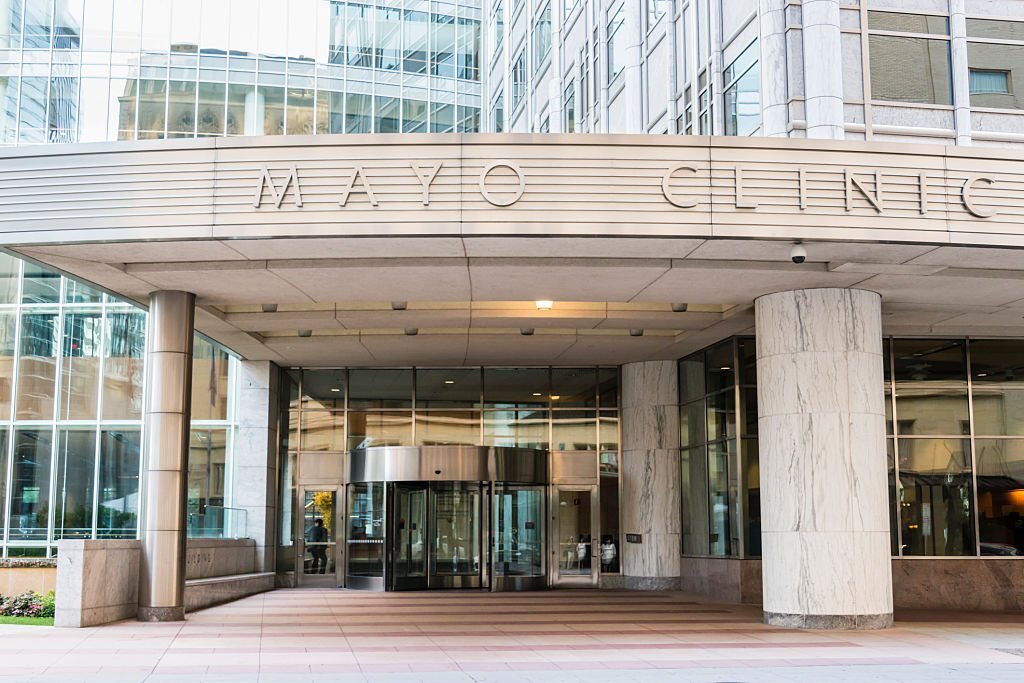Taxes
IRS Appeals 2022 Ruling in $11.5 Million Tax Dispute with Mayo Clinic
The question at the heart of the case is whether Mayo Clinic should be considered an educational institution for tax purposes.
Sep. 12, 2023

By Jeff Kiger, Post-Bulletin, Rochester, Minn. (TNS)
A precedent-setting $11.5 million tax legal battle is going into its seventh year, because the IRS is appealing the 2022 ruling that Mayo Clinic “operated exclusively for educational purposes.”
On Sept. 1, 2023, the IRS submitted an appeal of U.S. District Judge Eric Tostrud’s bench ruling in favor of Mayo Clinic.
That ruling meant the IRS must refund $11.5 million of taxes Mayo Clinic paid on revenue generated by “debt-financed real-estate investment” over seven years.
The question at the heart of the case is whether Mayo Clinic should be considered an educational institution. Universities are exempt from paying taxes on that type of real estate revenue. Nonprofit hospitals are not exempt.
Acknowledging it does provide medical education as a teaching hospital, the IRS position is that Mayo Clinic is a healthcare organization and is not primarily a school.
“The Government challenges two legal rulings made by the District Court: that an organization can be an ‘educational organization’ even if it has substantial noneducational purposes and activities, and that ‘primary’ means merely ‘substantial’…,” according to the IRS appeal.
This is the second time the IRS has appealed a ruling by Tostrud in this case. Tostrud issued summary judgment in Mayo Clinic’s favor in 2019. When the IRS appealed that decision, the appellate court ruled that Tostrud did not address the core issue and that he needed to try again.
A bench trial was held in the spring of 2022, which concluded with Tostrud again ruling in Mayo Clinic’s favor. He ruled the U.S. government also owes Mayo Clinic interest for every day it has not repaid the $11.5 million. Interest has continued to accrue at a rate of $1,617.62 per day, since Jan. 1, 2023. The interest owed by the IRS has grown to more than $400,000 so far this year.
This latest appeal by the IRS has not caused Mayo Clinic to alter its position.
“We believe that the Federal District Court’s decision, which affirmed the integral role that education has had in Mayo Clinic’s mission from its earliest days, was correct and should be upheld on appeal. While Mayo Clinic is largely exempt from paying income taxes due to its nonprofit status, it still pays millions of dollars of taxes annually from various activities,” wrote Mayo Clinic Communications Manager Kristy Jacobson. “Mayo Clinic will strive to ensure that it receives the same treatment under federal tax laws as other educational organizations.”
In the latest appeal, the IRS reiterated its position that Mayo Clinic simply does not qualify for this tax exemption.
“ … It is clear that Mayo was not an ‘educational organization’ because it operated a nationwide network of hospitals for the benefit of its patients and that substantial patient-care purpose was not merely incidental to its educational operations,” stated the IRS in its appeal. “… If Mayo had ‘a single non-educational purpose’ during the tax years at issue that was ‘substantial in nature,’ then it would not qualify for the limited UBIT tax exception, ‘regardless of the number or importance of truly educational purposes’ that also animated Mayo’s activities.”
In 2009, the IRS audited Mayo Clinic and issued a notice of “adjustment” for the years 2005 and 2006. Those recalculations later expanded to include a total of seven years of Mayo Clinic tax returns—2003, 2005-2007 and 2010-2012. The years 2004, 2008 and 2009 were not included because no income of that type was reported.
The IRS concluded in 2014 that Mayo Clinic did not qualify for tax exemption on revenue generated by “debt-financed real-estate investment.”
That type of revenue is not taxed for nonprofit educational institutions or schools. For other tax-exempt institutions, that type of revenue is considered “Unrelated Business Income,” which is taxable.
The additional payments totaled $11,501,621. The bulk of that came from 2006, when the IRS said Mayo Clinic owed $9.3 million.
The clinic dutifully paid the money and then asked for a refund of the $11.5 million. In August 2016, the IRS rejected that refund claim.
Mayo Clinic soon filed a lawsuit to recover the disputed $11.5 million plus “statutory interest as provided by law.”
This is not Mayo Clinic’s first time in court facing the IRS on issues related to education. The two tangled previously over whether medical residents are students or employees.
While lower courts agreed with Mayo Clinic that medical residents are students, the U.S. Supreme Court eventually ruled in 2011 that they are employees. As employees, the medical residents have payroll taxes, Social Security and Medicare taxes that must be paid.
______
(c)2023 the Post-Bulletin. Visit the Post-Bulletin at www.postbulletin.com. Distributed by Tribune Content Agency LLC.
